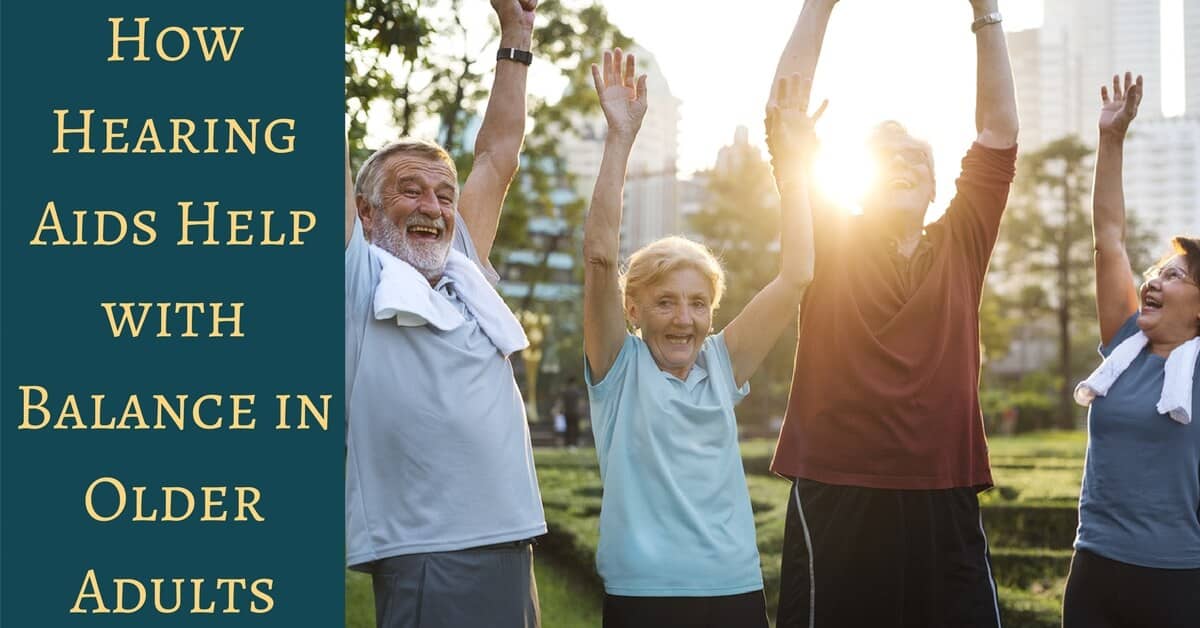
In the United States, approximately one in three older Americans (age 65 and above) experience some form of hearing loss. This number rises for Americans who are older than 75 years old – 50% of people over 75 experience some form of hearing loss. There are many forms of hearing loss, but the most common one is presbycusis – age-related hearing loss.
Presbycusis is a natural process that occurs with aging. A new study has found that rates of hearing loss have actually been dropping in the past decade, for American adults age 20 to 69. This is great news, thanks to raised awareness about hearing loss and more attention to healthy lifestyles.
At the same time, there is a large number of Americans who could benefit from the use of hearing aids – but have not yet taken a hearing test or been fitted for hearing aids. Untreated hearing loss brings with it a host of unwanted consequences to one’s health and well-being, from increased rates of depression and anxiety, to lower earning power, to an increased rate of falls, accidents, and hospitalizations.
In part, this could be due to the connection between hearing loss and balance. Our balance system and our auditory system are located in the same area of our brain. New research has found that the use of hearing aids to treat hearing loss could also help to improve balance in older Americans.
Study: Sound Information Contributes to Maintaining the Body’s Stability
Conducted at the Washington University School of Medicine in St. Louis, this study has linked sound information, the balance system of the inner ear, and the body’s stability. This study consisted of 14 people between the ages of 65 and 91, and it was published in the journal Laryngoscope. Researchers found data to support the idea that the use of hearing aids could help to reduce the risk of falls in older people.
Lead researcher, Timothy Hullar, professor of otolaryngology, says, “We don’t think it’s just that wearing hearing aids makes the person more alert. The participants appeared to be using the sound information coming through their hearing aids as auditory reference points or landmarks to help maintain balance. It’s a bit like using your eyes to tell where you are in space. If we turn out the lights, people sway a little bit – more than they would if they could see. This study suggests that opening your ears also gives you information about balance.”
In the course of the study, participants were asked to perform balance tests with and without hearing aids. All tests were conducted with a white noise sound source – a static sound – as it would help researchers examine strictly the link between hearing and balance. Participants, with eyes covered, stood on foam pads and were asked to perform different tasks, such as standing with one foot in front of the other, or heel to toe, etc. for at least 30 seconds.
Researchers found that those who had trouble with balance without hearing aids tended to do better with these tests once they put in hearing aids. In fact, those who struggled with balance without aids tended to increase their balance time by almost 26 seconds with the use of hearing aids. Even more importantly, participants “didn’t report being consciously aware that they had performed better on the tests when their hearing aids were working.”
This suggests that there are a number of people who are not aware that they may benefit from the use of hearing aids – and that the use of hearing aids could greatly help with balance problems people may not know they have. It is noted that this was an incredibly small study – with only 14 participants. Researchers acknowledge that a larger test could provide more useful data.
The Benefits of Using Hearing Aids
Our sense of hearing connects us to the world around us – in more ways than we even recognize. If you’ve been experiencing changes in your hearing, it could be beneficial to schedule an appointment with us at one of our My Hearing Centers locations. We provide comprehensive hearing tests and hearing aid fittings. Our hearing instrument specialists provide personalized care, and we’ll find the best hearing aid to meet your specific needs.
